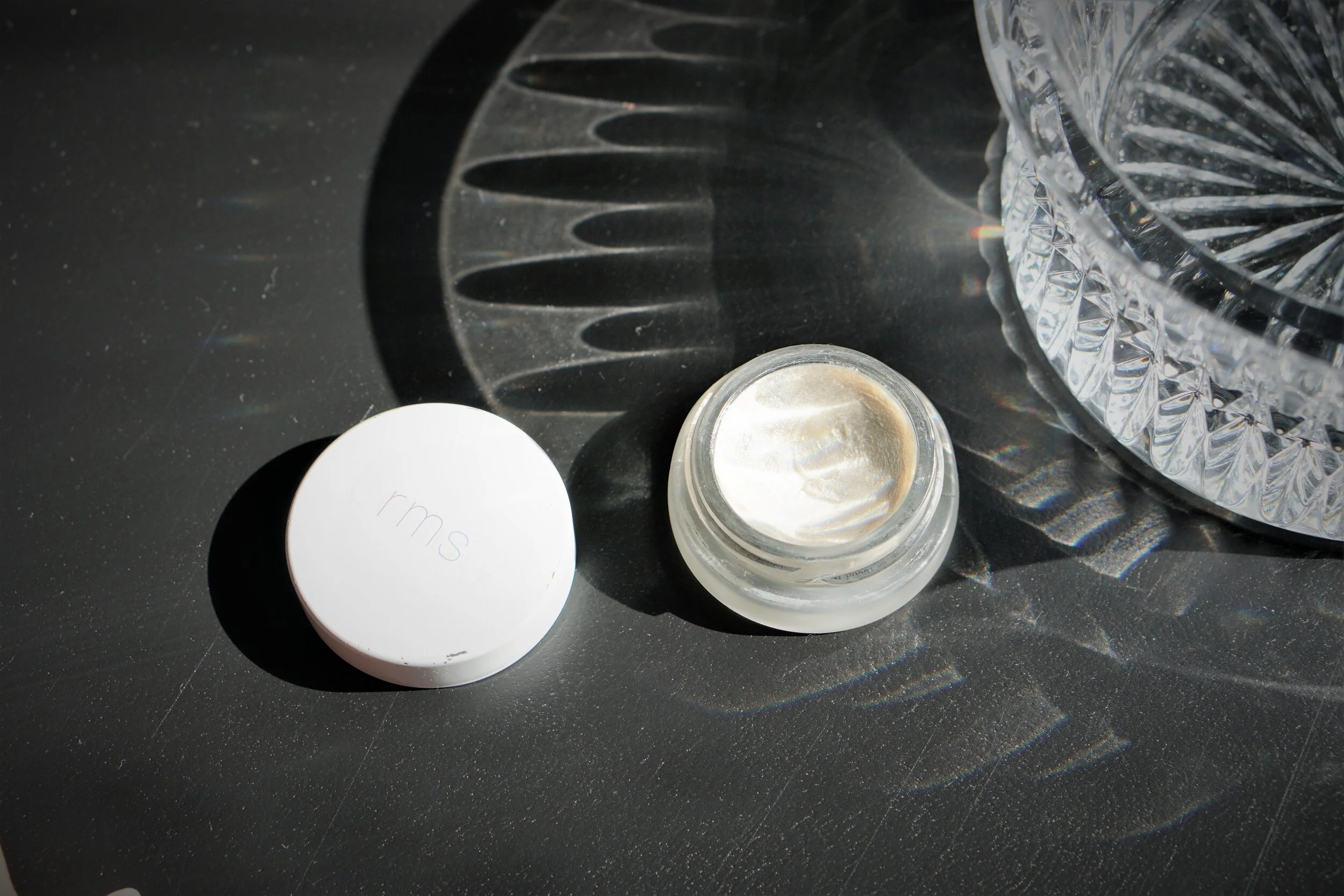Safe Kids Toothpaste
Teaching young children good oral hygiene can be tricky – brush all teeth, back and front, for two minutes, spit out toothpaste. Finding a flavor your kids are excited about using is equally difficult.
On top of that, parents are left to decipher long ingredient lists and decide if their children need fluoride or not. It’s important to know fluoride, artificial dyes, artificial sweeteners, flavors, and other potentially toxic ingredients are found in most toothpaste options on the shelves.[1]
Schmidt’s toothpaste is a kid-friendly option that is free of harmful ingredients and works great too.
Why It's Effective
Kids can choose from several fun flavors like watermelon strawberry, grape mint, and coconut pineapple. Schmidt’s freshens breath without harsh ingredients or overly strong or spicy flavors.
““Schmidt’s kids toothpaste is free of foaming agents and petroleum derived dyes which means less mess and an easier cleanup.””
The paste itself is white and creates less foam than traditional toothpaste. That is because it is free of foaming agents like sodium lauryl sulfate and petroleum derived dyes like blue 1. No excess foam and no artificial coloring means less mess and an easier cleanup.
Why It's Safe
Recent research suggests fluoride is not as effective as once thought, and there are potentially adverse health effects associated with fluoride. In August 2019, JAMA pediatrics reported about a U.S. and Canadian funded study which linked drinking fluoridated water in pregnancy to lower IQ in children.
Schmidt’s is fluoride free and sweetened naturally with stevia instead of artificial sweeteners like saccharin, which has been linked to cancer in animal studies.
Ingredients to avoid that are commonly found in kids’ toothpaste include:
Fluoride - Added to toothpaste and drinking water with the aim of fighting tooth decay. Recent research suggests fluoride is not as effective as once thought, and there are potentially adverse health effects associated with fluoride. In August 2019, JAMA pediatrics reported about a U.S. and Canadian funded study which linked drinking fluoridated water in pregnancy to lower IQ in children.
Artificial dyes –Studies have shown artificial dyes affect children’s behavior. Examples are blue 1, red 28, red 30, yellow 5, etc. This is an easy ingredient to avoid as its purely for aesthetics.
Sodium saccharin – One of the most common artificial sweeteners added to toothpaste. Studies show evidence of it being carcinogenic in animals. Safer, natural ingredients can be used to sweeten toothpaste instead, like stevia.
PEGs (polyethylene glycols) – PEGs are thickening agents and humectants that help retain moisture and enhance penetration of ingredients. PEGs can be contaminated with 1,4-dioxane and ethylene oxide which are associated with reproductive, developmental, and endocrine effects, cancer, and DNA damage.
Cocamidopropyl betaine – Used as a foaming agent and thickener in toothpaste, cocamidopropyl betaine is associated with allergies and contact dermatitis and can potentially contain impurities such as nitrosamines. There is strong evidence that nitrosamines are carcinogenic, and they are banned from Canadian cosmetics. Some evidence has shown developmental, reproductive, and organ system toxicity from nitrosamines.
How to Buy
Price at the time of publishing is $7.47. As an Amazon Affiliate, I earn with qualifying purchases.
Switch
Crest, Colgate, and Orajel kids toothpastes contain fluoride, blue 1, sodium lauryl sulfate, and sodium saccharin.
Tips
Looking for a non-toxic toothpaste for yourself? Check out my favorite natural toothpaste here.
References
[1] https://jamanetwork.com/journals/jamapediatrics/fullarticle/2748634
[2] https://cspinet.org/sites/default/files/attachment/mccann.pdf
[3] https://www.ncbi.nlm.nih.gov/pmc/articles/PMC6843803/
[4] https://www.fda.gov/cosmetics/potential-contaminants-cosmetics/14-dioxane-cosmetics-manufacturing-byproduct
[5] http://www.cir-safety.org/sites/default/files/amidoa022012SLR_forposting.pdf
[6] https://pubchem.ncbi.nlm.nih.gov/compound/Cocamidopropyl-betaine#section=GHS-Classification








